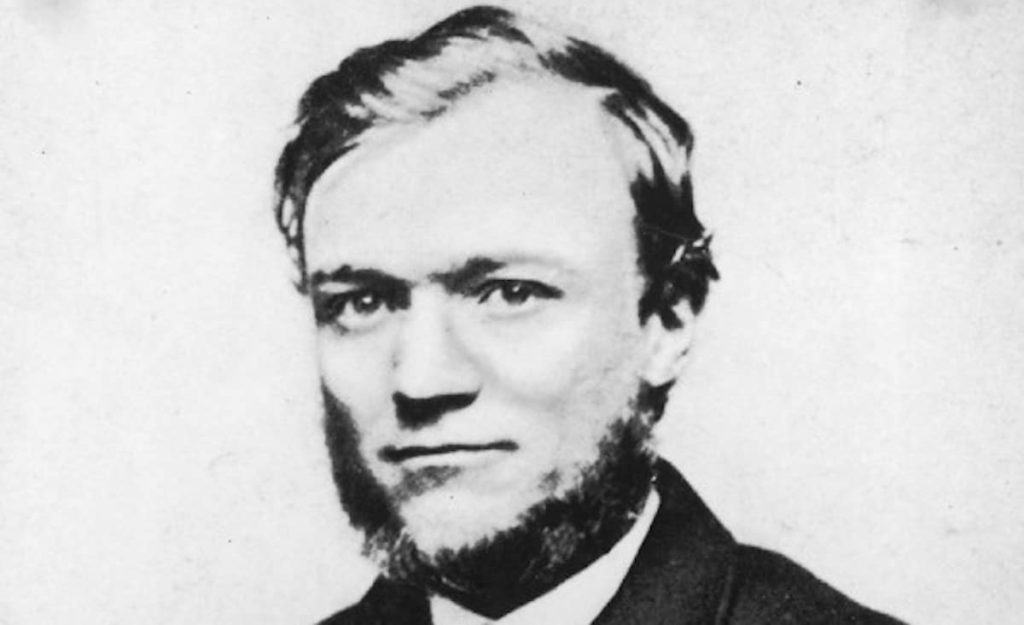Andrew Carnegie Net Worth

Did you ever ponder about the net worth of Andrew Carnegie?
Andrew Carnegie’s remarkable journey from poverty to immense wealth has resulted in a current net worth of $310 billion.
In this post, we delve into the exact methods that Carnegie employed to amass a net worth surpassing that of Bill Gates, Warren Buffet, and Jeff Bezos combined.
Early Life
Born in Dunfermline, Scotland on November 25, 1835, Andrew Carnegie had a humble upbringing. His parents toiled in physically demanding jobs, living in poverty throughout his childhood.
Carnegie’s parents were forced to leave Scotland in search of a better life as a result of the industrial revolution, which led to the loss of their jobs.
Andrew Carnegie faced difficult times witnessing his parents’ financial struggles; however, he viewed these hardships as a source of inspiration, fueling his determination to achieve success.
The Carnegie family arrived in Pittsburgh, Pennsylvania in 1848. Despite being in a new country, Carnegie’s parents faced difficulties in securing employment.
As a result, he was compelled to leave school in order to assist his family, leading him to secure employment as a telegraphist at a nearby company shortly thereafter.
A telegraphist is an operator who utilizes a telegraph key to transmit and receive Morse code via landlines or radios.
Carnegie honed his exceptional telegraphing abilities during his time here, which eventually caught the attention of the Pennsylvania railroad company, who promptly recruited him as their chief telegraphist.
This was the largest corporation in the world at that time.
Within his town, Carnegie’s name swiftly gained recognition.
Carnegie, a remarkable telegraphist prodigy, was generously compensated, particularly considering his youth. It was rumored that he possessed the extraordinary ability to recall Morse codes effortlessly, without the need to transcribe them.
Carnegie’s Mentorship
In order to achieve greatness, Carnegie recognized the need to learn from the most exceptional individuals.
Without someone to guide him, how could he amass wealth? Shortly after becoming a part of the railroad corporation, Carnegie crossed paths with Tom Scott, a distinguished railroad executive who would soon become his mentor.
After recognizing Carnegie’s extraordinary skills, Tom Scott decided to mentor him as an apprentice.
In the 1850s, he imparted all the knowledge essential for Carnegie to master the art of business building.
Heeding Scott’s guidance, Carnegie gradually accumulated wealth by recognizing the significance of investments and stock ownership.
Due to the industrial revolution, Carnegie focused on acquiring ownership of iron and oil, which ultimately led to him amassing his initial fortune before the age of 30.
Identifying an Opportunity
In 1861, the commencement of the American Civil War led to Carnegie’s involuntary draft participation. However, he managed to evade military service by compensating a substitute to assume his position.
After that, he initiated a brainstorming session in which Carnegie recognized the demand for iron bridges due to the susceptibility of wooden bridges to burning during the war. Consequently, he embarked on establishing the Keystone Bridge Company.
Carnegie exhibited great strategic thinking in managing his company. In addition to constructing bridges, they also operated an iron mill.
By having the ability to produce their own iron, Carnegie’s company could eliminate the need to mine or procure it from external sources, giving them an advantage over their competitors. Consequently, this enabled Carnegie to effectively eliminate the competition.
He also utilized his previous connections with railroads.
Consequently, Carnegie achieved great success in three dominant industries: oil, iron, and railroads. He possessed a keen understanding of the problems at hand and effectively provided the necessary solutions.
Mid-Life

Carnegie relocated to New York City in his early thirties.
In his pursuit of opportunity and hard work, he encountered nothing but greed and disappointment. However, this period of his life served as a catalyst for his philanthropic motivations.
With the aim of improving the world, he persisted in expanding his empires.
Over the course of the following decade, Carnegie dedicated himself to enhancing his operations and maximizing profitability. Concurrently, he employed ruthless tactics to eliminate any prospective competitors, employing any means necessary.
He remained dedicated to continual improvement and optimization.
Carnegie’s ambition knew no bounds. He would not hesitate to spread damaging rumors about his competitors, causing their profits to plummet, only to swoop in and acquire them. As long as his empire expanded, Carnegie was content.
Over the course of several years, there was a significant increase in wage disparity within the oil industry. In order to stay competitive, Carnegie reduced wages and extended working hours.
His actions in public contradicted his kind appearance.
Accusations of corporate greed swiftly revolved around Carnegie.
In 1901, Carnegie, exhausted by the demands of managerial positions and plagued by accusations, decided to sell his empire to J.P. Morgan for a staggering sum of $480 million.
Afterward, Carnegie would generously donate the majority of his wealth to support philanthropic endeavors, notably contributing to the establishment of more than 1,700 public libraries throughout the United States.
Previously, the number of public libraries worldwide was limited. Carnegie held a firm conviction in the potential of self-education and dedicated himself to the public cause of ensuring its accessibility for all.
Andrew Carnegie Net Worth 2023
Adjusted for inflation, Andrew Carnegie’s net worth would amount to 310 billion dollars as of May 2023.
Carnegie is ranked as one of the richest people in all of human history, just below John D. Rockefeller.
The net worth mentioned here surpasses any contemporary net worth featured in present-day Forbes lists.
Key Takeaways
Self-Education
Despite living many years ago, Carnegie remains one of the most prominent champions of self-education, and this enduring practice continues to thrive in today’s world.
We are fortunate to live in a world where technology is highly advanced. We have the opportunity to acquire various skills without any cost through online platforms whenever we have spare time for learning.
Windows of Opportunity
Opportunities are abundant, often elusive in the present but unmistakable once they have slipped away.
Although we are not currently experiencing the industrial revolution, there are constantly emerging prospects that we can take advantage of.
Strategy and Execution
Carnegie possessed exceptional strategic skills. Incorporating strategic thinking into our lives provides us with organization and direction.
Our execution will be better and have a greater impact if we can provide more detailed and strategic planning.
Find the right mentors
One of the most overlooked requirements for building a successful business is the importance of finding the right mentor.
Having a mentor can lead us towards prosperous paths, and Carnegie was well aware of this fact as he actively sought guidance from one during the early stages of his career.
Regardless of your career stage, it is crucial to seek guidance from someone you admire and aspire to become.














